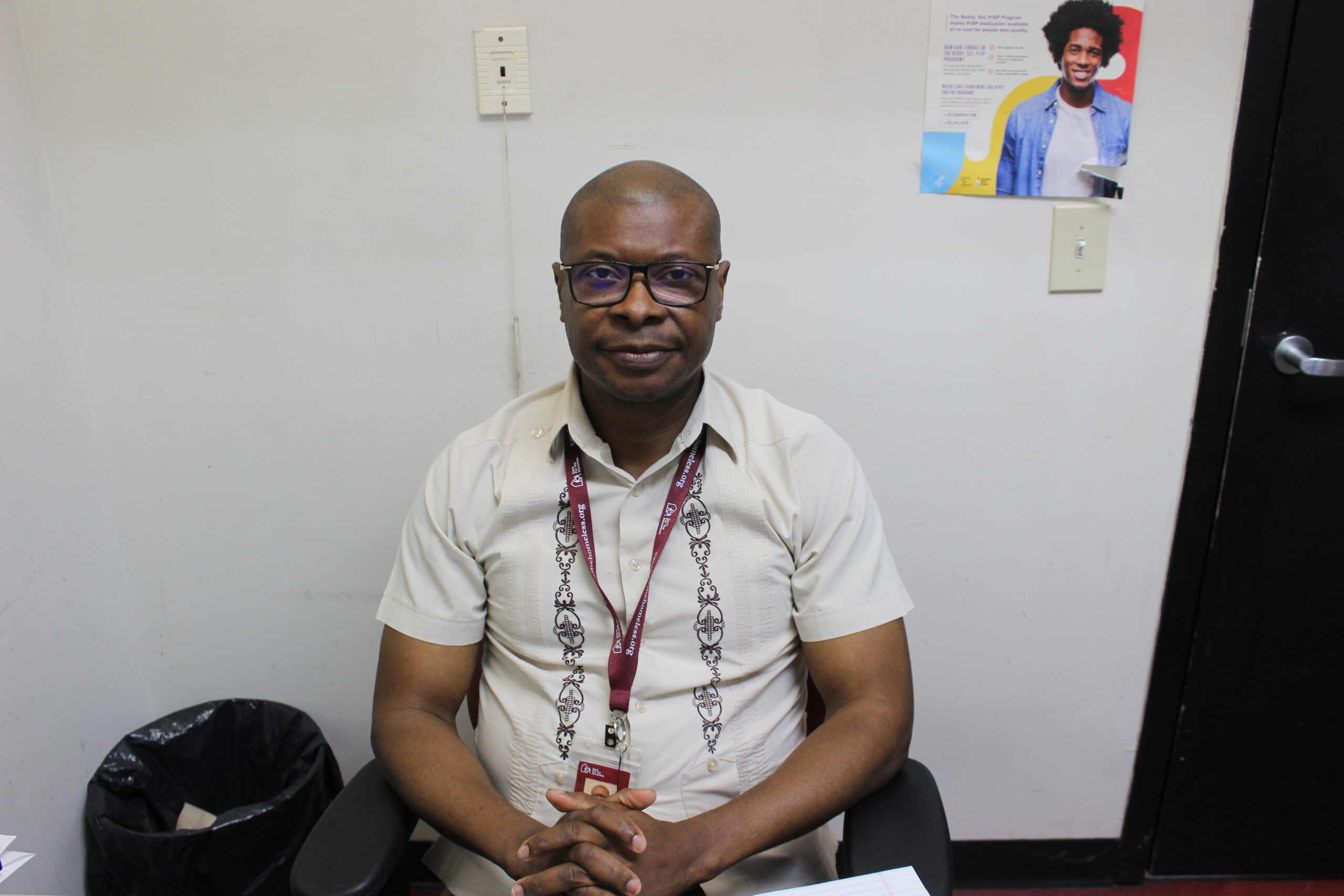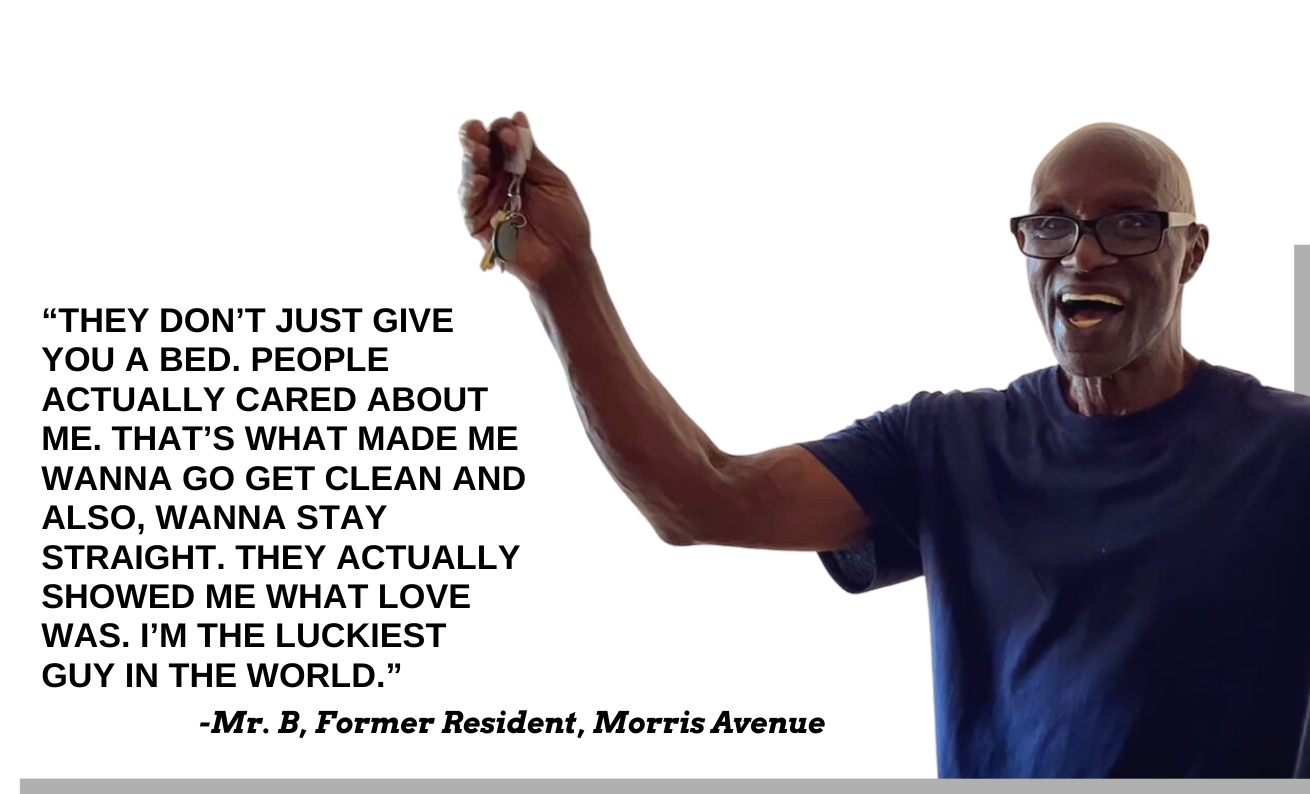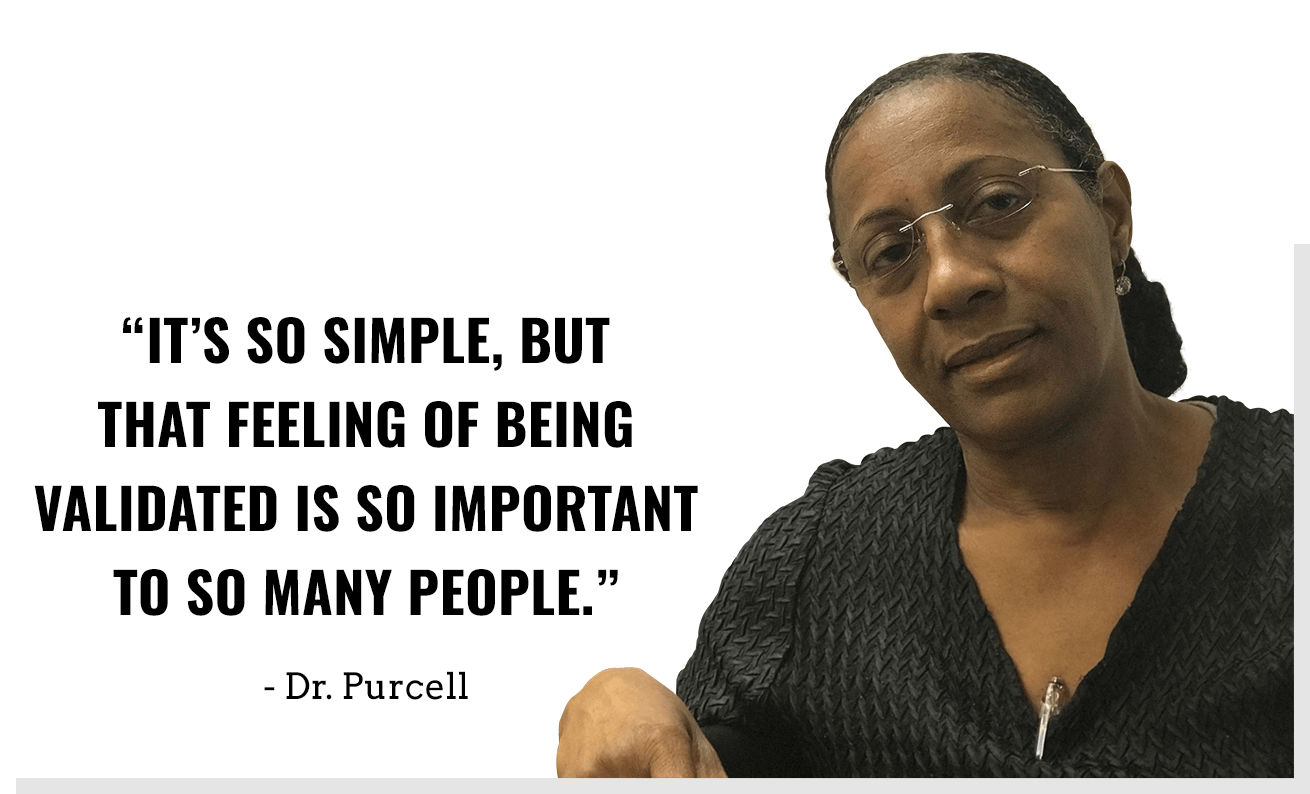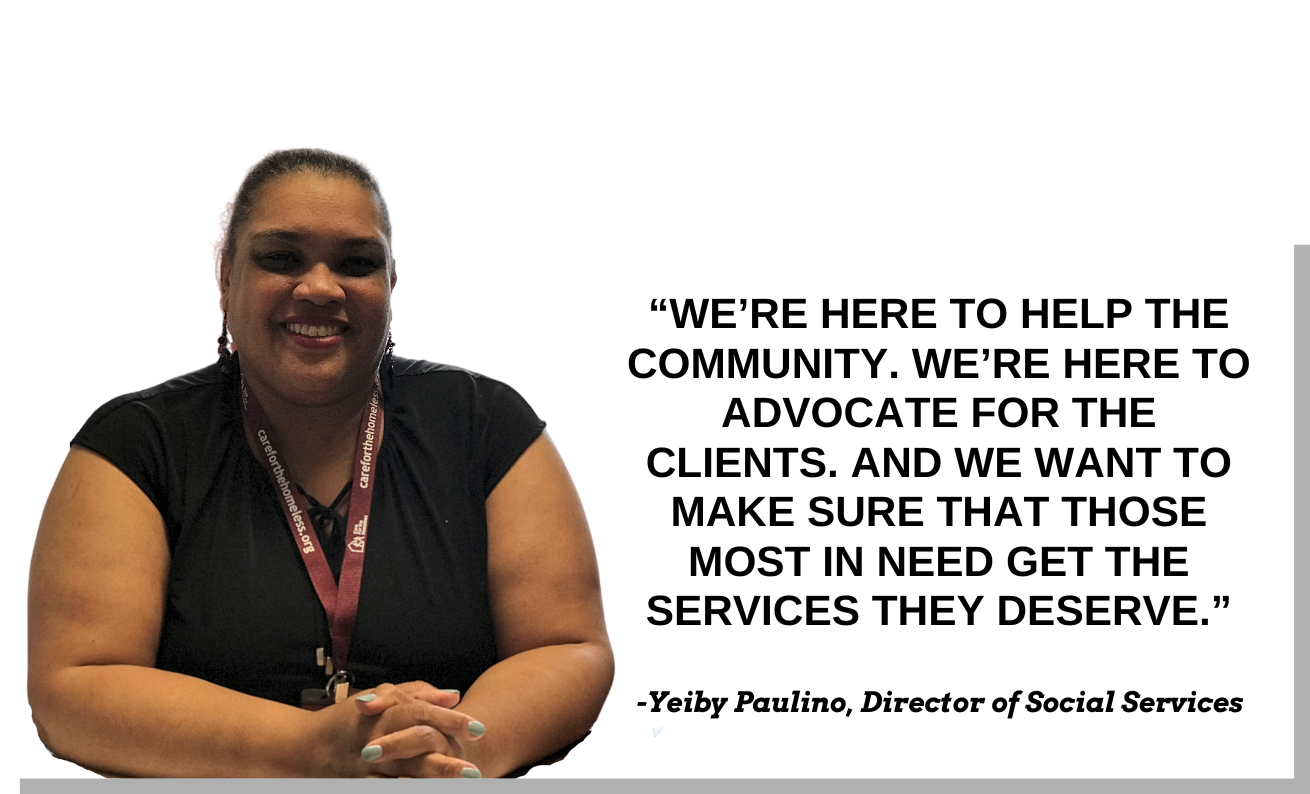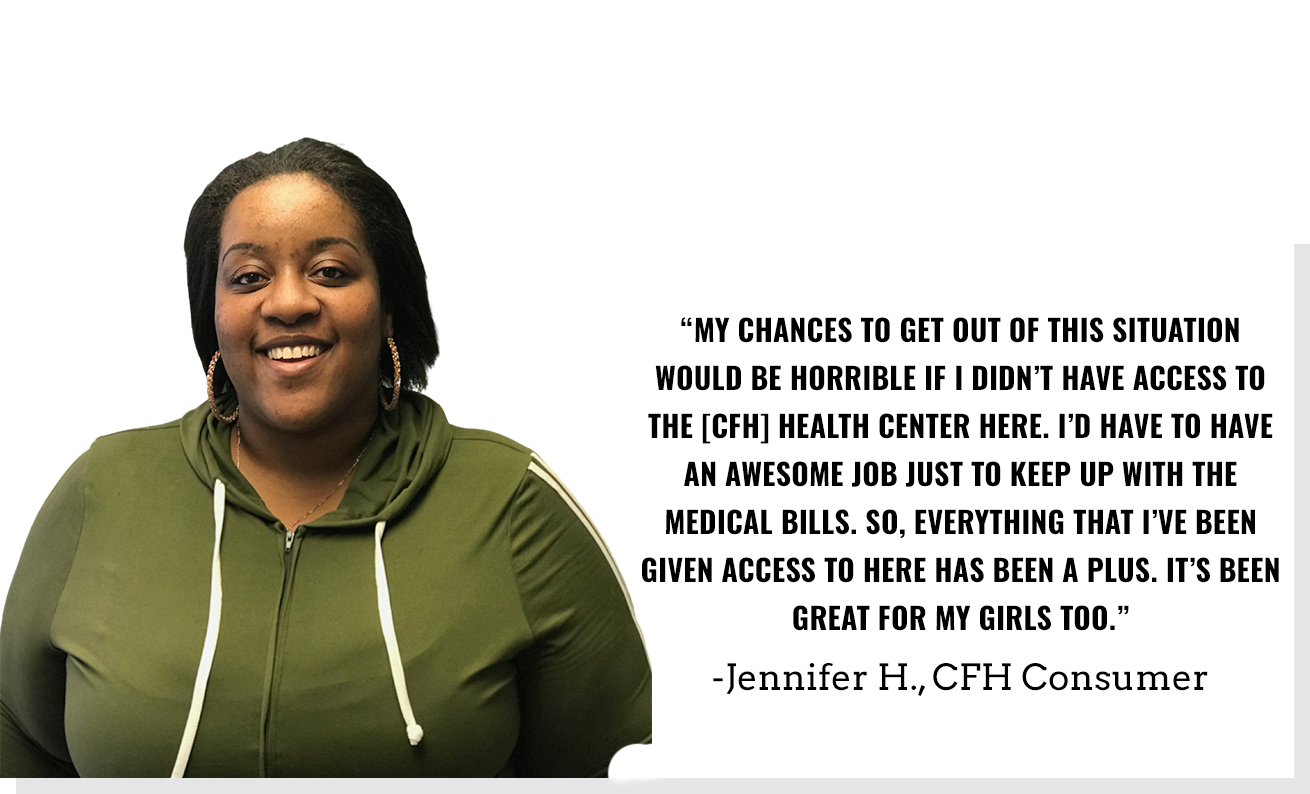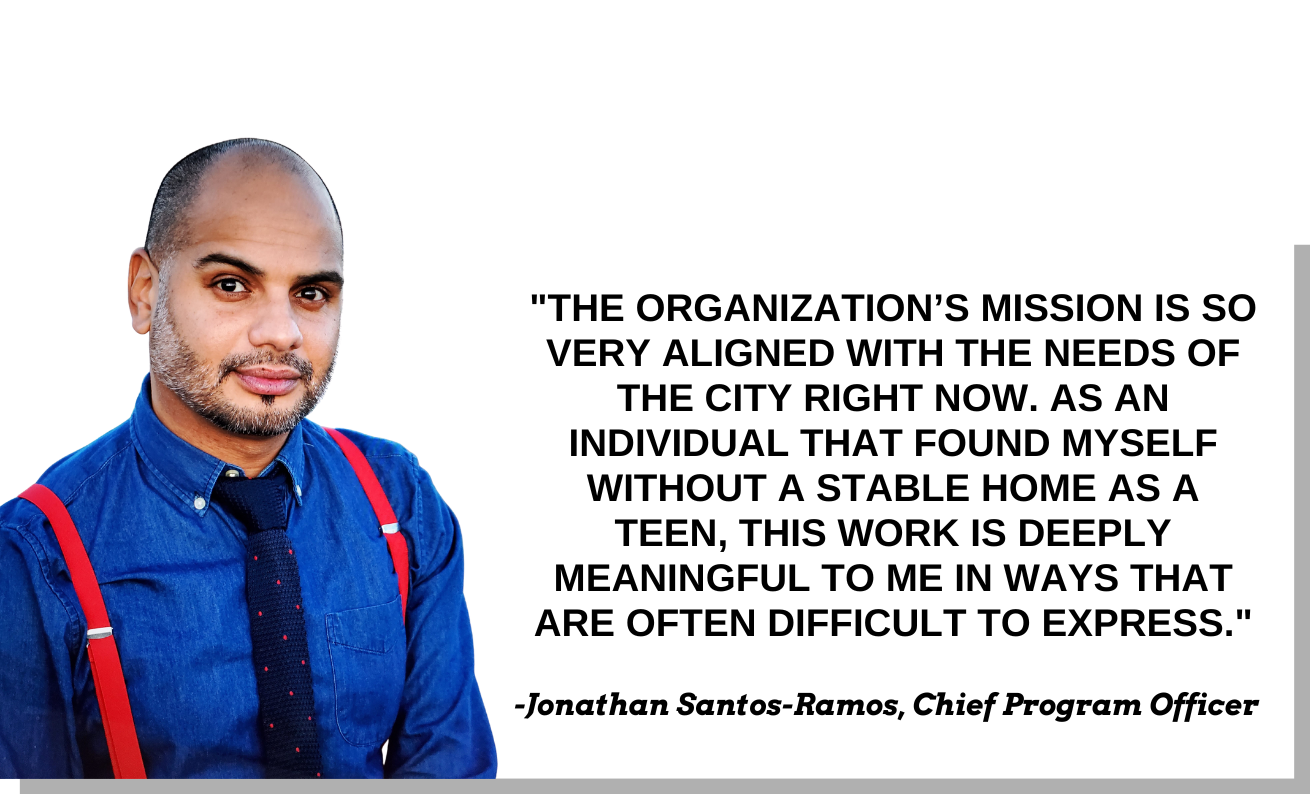“They deserve a second chance”
We sat down with Nixon Jean, Psychiatric Nurse Practitioner. He works out of our Brooklyn health center at the Peter Jay Sharp Center for Opportunity.
Watch an abbreviated version of the interview:
Not only is May Mental Health Awareness Month, we also just celebrated National Nurses Week! We sat down with Nixon Jean, Psychiatric Nurse Practitioner. He works out of our Brooklyn health center at the Peter Jay Sharp Center for Opportunity. Watch the video and read the interview to learn more about the direction of his career and work at CFH.
This interview has been edited for length and clarity.
My name is Nixon Jean. I’m a nurse practitioner and I specialize in psychiatry. I’m working with CFH and I’m so glad to be able to bring my two cents to the conversation.
How long have you worked at CFH?
Well, it’s been a year since I’ve been working for CFH, but for me, it feels like so many years. One reason is the connections that I’m making with patients and upper management—we have good communication with them. The team is working together, so whether a person has been here for ten years, five years, or one year like me—when you put all of us together, it’s like I’ve been here for so long already.
I love that. And what did you do before joining CFH?
Before joining CFH, I was working as a nurse. I have 11 years of experience. I’ve worked in a nursing home with the geriatric population. I’ve worked with individuals with developmental disabilities. And all those years have prepared me to bring my skills to another level, to be more useful to certain populations, like the underserved population that I’m serving right now that can’t afford certain care.
And as a nurse, I’ve noticed this fact, and I said to myself, “I have to get myself better prepared so that I can offer them more of myself.” And so that’s the way I was able to move from being a registered nurse, to get a master’s degree, become a nurse practitioner, and be in a better position to serve certain populations.
That’s wonderful. And why do you think it’s important to provide mental health services and the work you do to homeless populations specifically?
In this country, there is a stigma—and it’s not only for the United States. I have traveled to other countries myself and I’m from abroad. And I’ve seen that there’s a stigma associated with mental health in general. And in this population, the prison population, the homeless population, it’s even worse. Society will look at them as if they don’t have needs. And sometimes in certain countries, they don’t even know about homeless shelters or programs to provide them with an environment where they can receive proper care and take care of themselves. In that way, that helps me, so that I can make myself available to them and provide them with what they need.
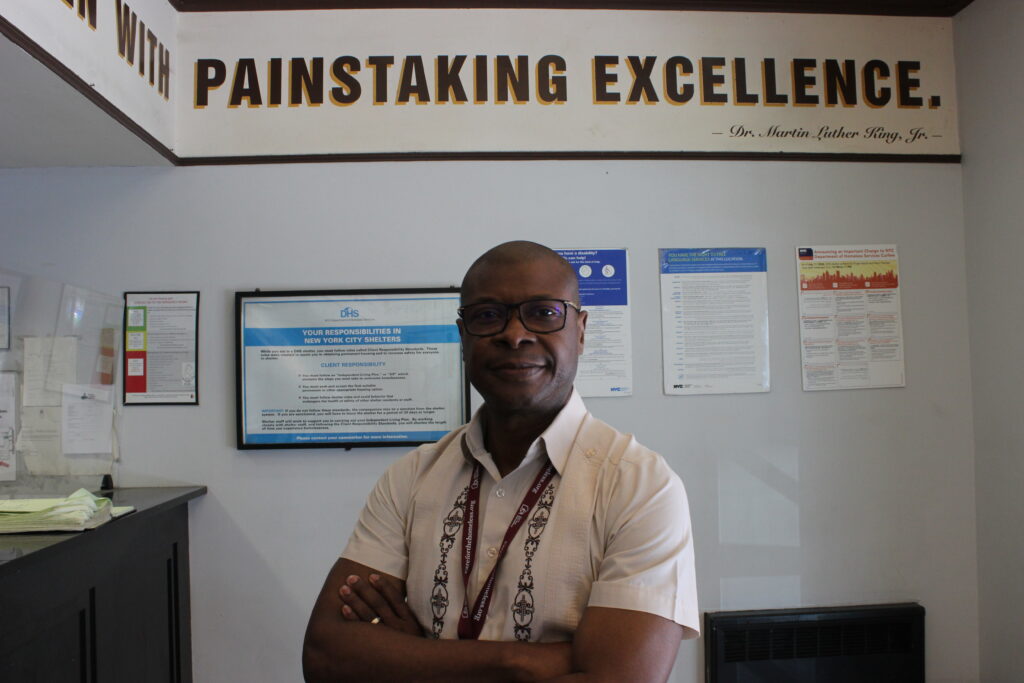
When a client comes in, what is the process you go through to speak with them for the first time?
Between a patient and their provider, it’s very important to create a trusting environment. As human beings, we do not trust other humans naturally. It takes time to build that. Whenever I receive a patient, whatever their ethnicity or their cultural and social background, I make sure that I create this new trusting environment so that they can open up to me. Because I’m not God and I cannot read their mind, so they have to tell me what’s going on in their life. And in that way, I’m in a better position to provide them with care.
Also, I bring patients into a therapeutic relationship with me by focusing on their particular needs. I use qualities such as genuineness, acceptance, being non-judgmental, being empathetic, and most importantly, showing them respect. Especially with this population, maybe for their whole life, they’ve never been shown respect. Or maybe if they were raised in a family setting where they were bullied or their mother or their father never told them they loved them, that can affect a person later on in life. Maybe they commit crimes or behave in such a way that’s not in harmony with what society expects all citizens to do.
In doing so, I’m providing them with an opportunity to have a new perspective on their life, to see the good person inside them, and then bring this out so that they can become active again in society.
Is there anything else you want to add?
CFH deserves high commendation for the work they are doing, especially in New York. It’s a city that welcomes immigrants and many of them have left their countries for different reasons—political persecution, poverty, many reasons. And so when they come here, they may be homeless at first, and CFH is able to provide them with what they need so that they can get back on their feet.
And even for locals, I’ve met certain individuals in my line of work who were having a nice life, a good family life, and then all of a sudden, a tragedy comes into their life. And then they became homeless. It is not something that they were looking for, but unforeseen events happen to everyone. And CFH was right there for them. Some of them have expressed to me their appreciation for what CFH has done for them or continues to do for them.
And then there is also the prison population. These individuals were inmates and when they came out, nobody wanted to hire them. They deserve a second chance, another chance to begin their lives. When they come to meet with us, we can help them to see what their strengths and weaknesses are, and how they can use their strengths, use the resources available in the community, to start over, to see their future in a brighter light. And that’s exactly what CFH is doing.
So that’s why I wanted to commend them so that they can continue to do the same work. And on my side, I will do my best to continue to make myself available to my patients and to CFH.
